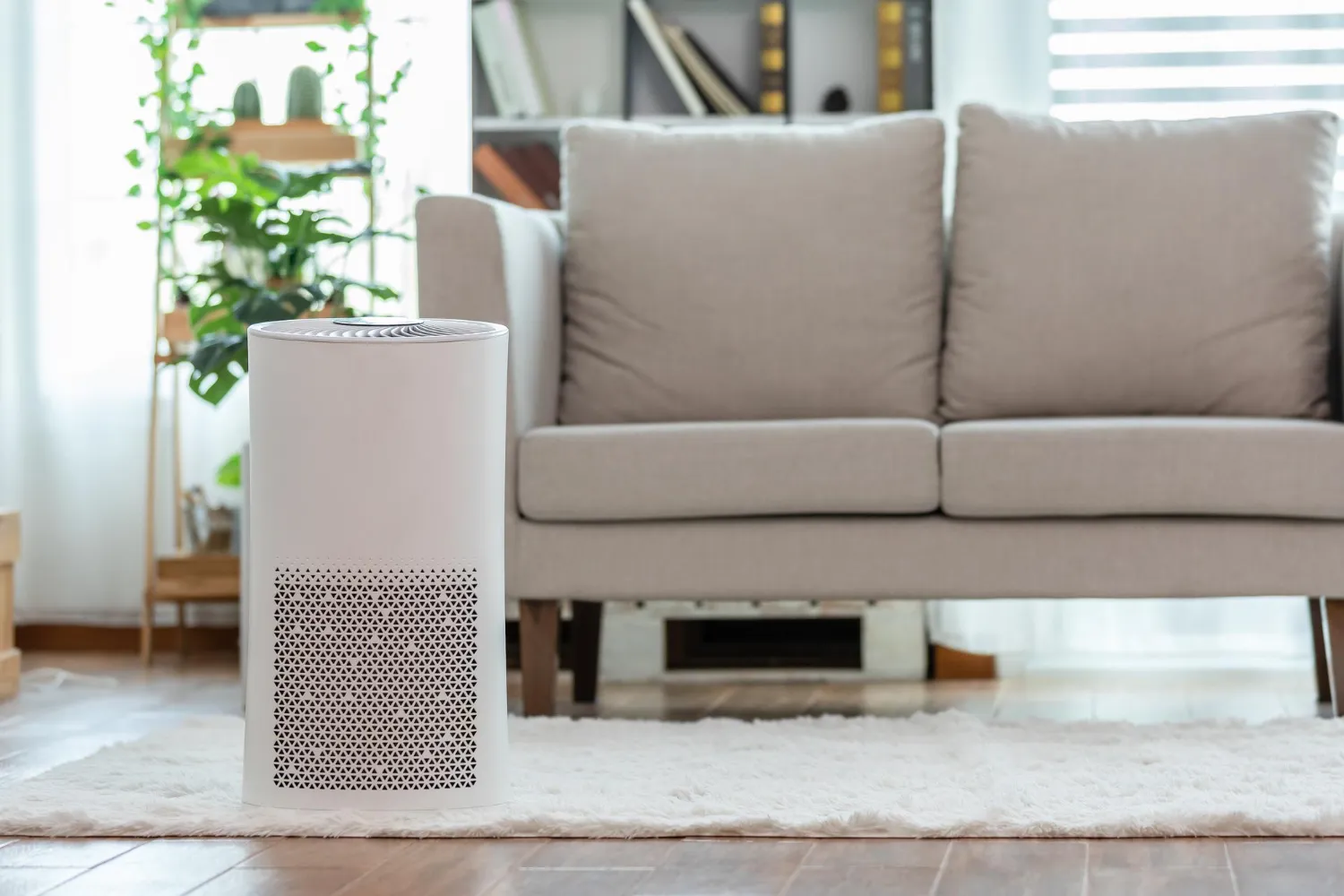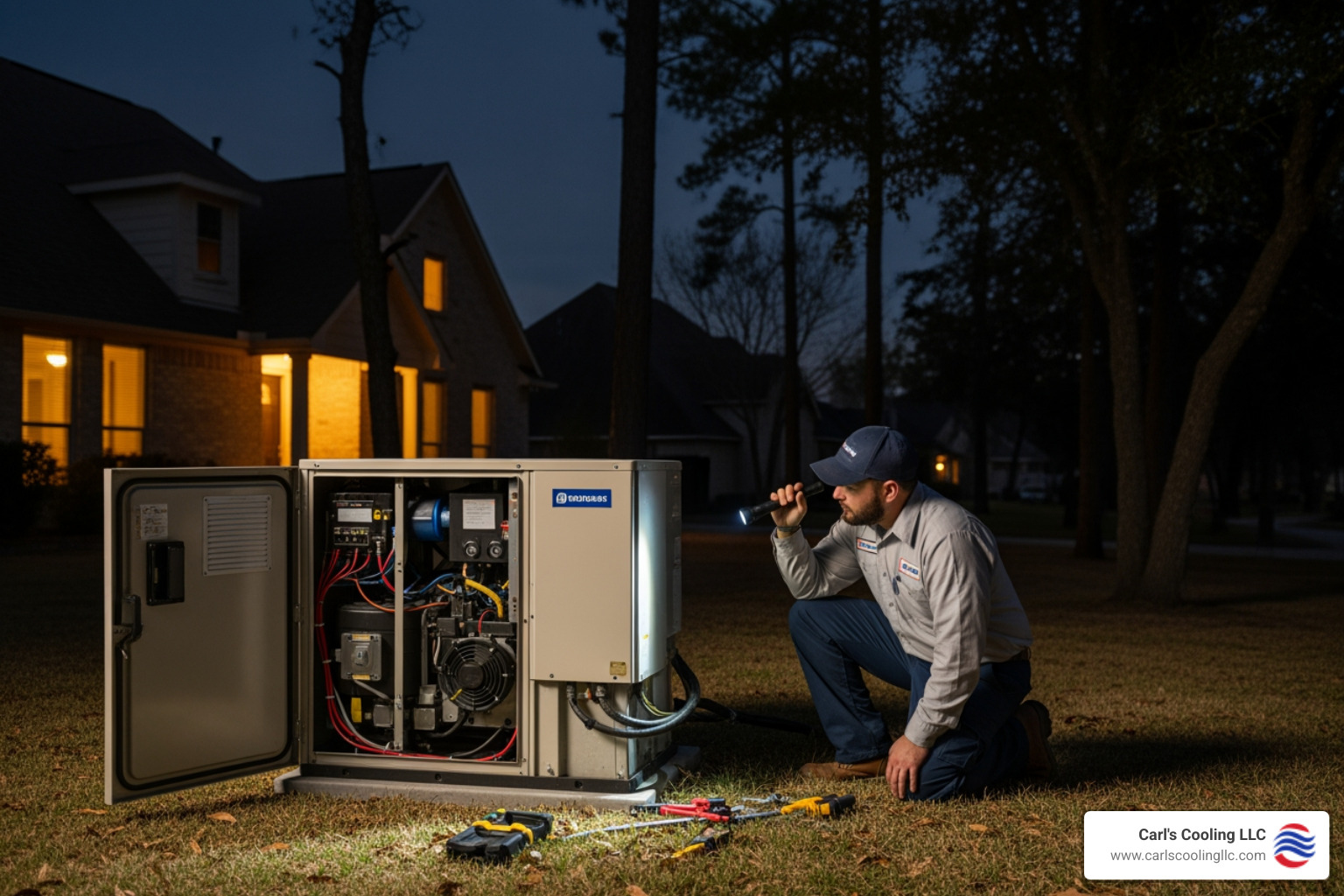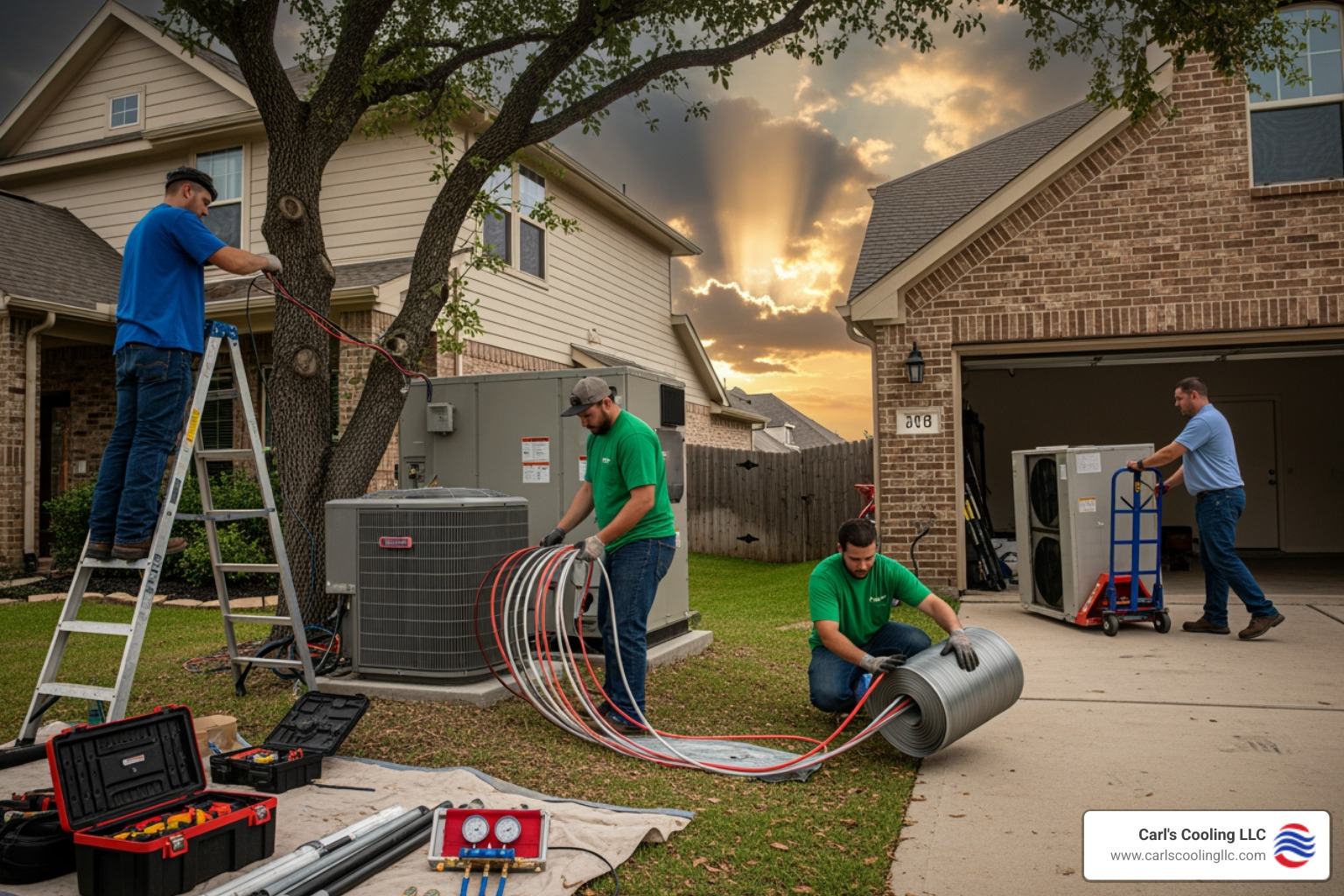In Willis, having clean, fresh air in your home is more than just a comfort; it's a necessity for promoting health and well-being. Air purifiers play a significant role in maintaining indoor air quality by removing pollutants, allergens, and unwanted odors. With spring on the horizon, optimizing your air purifier's efficiency becomes a priority. Whether you are battling pollen, dust, or pet dander, maximizing your purifier's performance can make a noticeable difference in the air you breathe.
Understanding how to keep your air purifier functioning at its best can greatly enhance your home environment, leading to a healthier living space for you and your family. Ensuring the air in your home is clean and safe requires more than just having an air purifier; it involves regular care and strategic use. By looking at simple adjustments and proper maintenance, you can significantly improve the effectiveness of your air purifier.
The Importance of Regular Maintenance
To keep your air purifier running efficiently, regular maintenance is key. Over time, filters can become clogged with dust, debris, and allergens, reducing the unit's ability to purify the air. Here is a checklist of routine maintenance tasks that can help sustain your air purifier’s performance:
- Clean or replace filters regularly. This is crucial as clogged filters can strain your purifier, resulting in reduced performance. Depending on your model, some filters require cleaning, while others need replacing every few months.
- Check for blockages around the air inlet and outlet. Ensure there's no dust accumulation that could impede airflow.
- Inspect the unit itself for any visible signs of wear or damage that might need attention.
Regular upkeep not only optimizes the efficiency of your air purifier, but it also extends its lifespan, saving you money in the long run. Consistent maintenance routines prevent small issues from becoming major problems, ensuring your purifier keeps your home’s air quality at its best. Engaging our professionals for inspections and upkeep can further ensure your purifier’s longevity and effectiveness.
Optimal Placement for Maximum Efficiency
Strategic placement of your air purifier can dramatically increase its effectiveness in cleaning the air. Where you place the purifier in your home can affect how well it functions:
- Avoid placing the unit near walls or furniture that might block the airflow. The more open space around the purifier, the better it can circulate clean air throughout the room.
- Position the purifier in rooms where you spend the most time or where air quality problems are most pronounced, such as the living room or bedrooms.
- In larger areas or open floor plans, consider using multiple units for comprehensive coverage.
By following these guidelines, you can ensure that your air purifier is working efficiently, delivering clean air to those areas in your home where it is most needed. Prioritize strategic placement to make the most of your investment and ensure a healthier environment for everyone in your household.
Selecting the Right Filters
Filters are a crucial component of an air purifier's operation, and choosing the right one can significantly affect how clean the air in your home becomes. There are several types of filters, each serving a different function and addressing various air quality issues:
- HEPA filters: Ideal for capturing small particles like dust, pollen, and tobacco smoke. They are known for their effectiveness in removing airborne allergens.
- Carbon filters: These are great for absorbing odors and gases. If you're dealing with persistent smells from cooking or pets, a carbon filter can be very helpful.
- UV light filters: Useful in neutralizing bacteria and viruses. For households concerned about germs, these filters can offer additional protection.
When selecting a filter, consider the specific needs of your home. For example, if allergies are a concern, a HEPA filter may be your best option. Also, be aware of the filter replacement schedule to maintain efficiency. Understanding when and how to replace these filters is vital to prolong the lifespan of your purifier and ensure it's working at its best.
Using Automation and Smart Features
Modern air purifiers often come with smart features that can further enhance their efficiency and ease of use. These features can adjust the purifier's operation based on the air quality in your home and personal preferences:
- Programmable timers allow you to set when the purifier operates, saving energy when you're not home.
- Air quality sensors can automatically adjust the purifier's settings in response to changes in indoor air pollution levels.
- Mobile app controls enable you to monitor and control your air purifier from anywhere, providing real-time updates on air quality.
These smart functions not only make the operation more convenient but also ensure that your air purifier is responding actively to your home's air quality needs. Since indoor conditions can change throughout the day, leveraging such features can help maintain a healthier environment.
Enjoying Cleaner Air in Your Willis Home
Enhancing your air purifier's efficiency can make a remarkable difference in your home's air quality. By understanding the importance of regular maintenance, optimal placement, and filter selection, you can significantly improve your purifier's performance. Incorporating smart features adds another layer of control and responsiveness, ensuring that your air remains as clean as possible.
Implementing these strategies will not only improve your overall health and well-being but will also create a more pleasant home atmosphere. For those looking to maximize their air purifiers, considering professional maintenance and advice can be a beneficial step. Whether you aim to alleviate allergies or just enjoy fresher air, taking the time to optimize your equipment can lead to a noticeable change in your home environment.
Enhance your indoor air and support a healthier home in Willis by relying on our professionals to maintain a high-performing air purifier in Willis. Turn to Carl's Quality Cooling and Heating LLC for expert advice on making regular upkeep and smart adjustments work for you, and for a quick estimate or to book a service visit, please contact us today.






